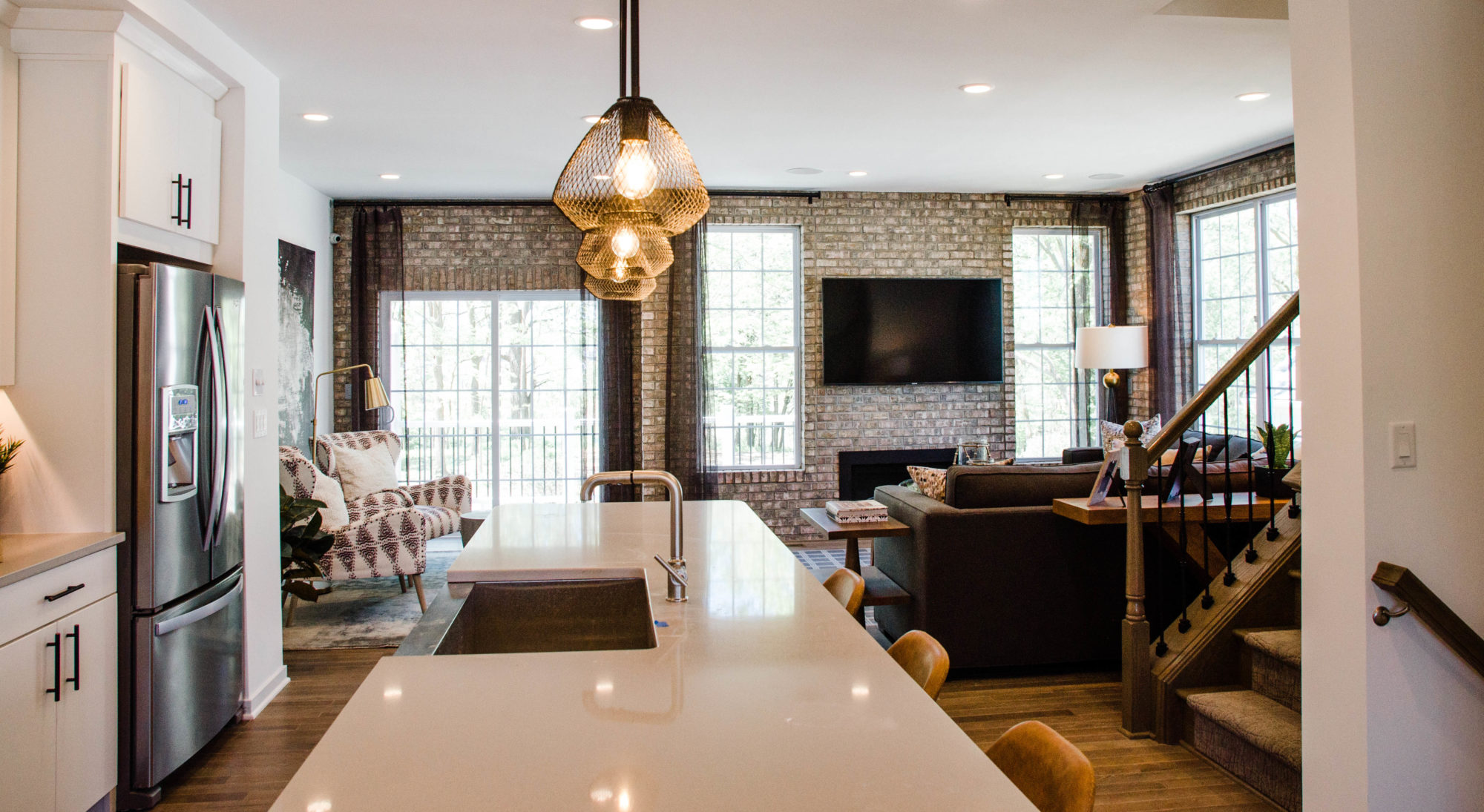Todd Waller explains why he believes there is not a housing crash in our near future.
Is a Housing Crash Imminent?
Transcription:
Hey folks Todd Waller here, Studio Four8 for Berkshire Hathaway HomeServices Snyder and Company Realtors. Quick little video here for you. I’m talking with a fair number of purchasers who are trying to pull themselves out of the marketplace because they are worried that there’s going to be a market crash coming in the not-too-distant future. I get it. We’re all a little gun-shy from what happened 10-12 years ago with the Great Recession were housing lead the economy into the dumper by just crashing, losing 20% of equity, and all that fun stuff in the housing market. Here is why I don’t think we have a housing crash coming.
Forbearance
A lot of folks who were pulling themselves out of the marketplace are citing the number of homes that are in forbearance as a result of the pandemic that we are working our way through. So let’s throw some numbers on the table, shall we? At the peak of the forbearance run here due to the covid pandemic there were nearly 6 million forbearance. Forbearance is that time and place, if you will, where the bank and the homeowner say, you know what, we’re going to pause on paying mortgages for the time being, maybe even work out putting those missed payments on the end of the amortization schedule.
Short story is, forbearance is that state where a homeowner is not making the full mortgage payment or not making any payment at all, and the bank is okay with that for a period of time. Yes, there may be some interest rates and interest charges and other fees tacked on there when the home comes out of forbearance. But the reality is at its peak, there were only six million homes that were in forbearance. Right now, here, the middle of April there are 2.3 million homes that are still in forbearance. I know this number still sounds and appears very large, 6 million down to 2.3 that are still in forbearance.
Inventory Shortage
The reality is right now in the marketplace we are probably running about a 40% deficit on the amount of inventory we need to meet the current buyer demand in our market place nationally. What do I mean by that? What I mean is, we need an additional 3.8 million homes on the market right now to match the buyer demand that we are seeing in the housing market across this country. Last I checked, 2.3 million homes in forbearance, if they all came out as foreclosures, that number, 2.3 million, is still lower than 3.8 million.
Where am I getting these numbers? Well, the National Association of Realtors was working with the home builders and they came up with that 3.8 million homes that are necessary to match the current demand. The 2.3 million properties that are in forbearance that was through a Forbes article. So I’m here to tell you if you are a purchaser and you’re thinking you’re going to pull yourself out of today’s marketplace and wait for the crash and you’re basing it on those homes that are in forbearance, coming to the market as foreclosures, I don’t see that one happening.
Housing Crash Unlikely
I will also tell you if you think that there’s a crash coming it’s going to be for something drastically different than what we experienced 10-12 years ago. The Great Recession was led by folks getting some funny money from the bank. Lending standards were very loose. People could walk away from the table as purchasers with money in their pocket because we had things like 103% and 105% financing going on.
Today it’s very difficult to get yourself a mortgage, you have to be very well qualified to do that. And on top of that, when people are making up the difference between the appraisal value of a home and the sales price they’re using their own cash to do that. They’re not using Bank funny money. If you’ve got questions about all this and how it impacts your specific real estate goals give me a contact here. This is Todd with Studio Four8 at Berkshire Hathaway HomeServices Snyder and Company Realtors saying we’re here to recreate real estate.

